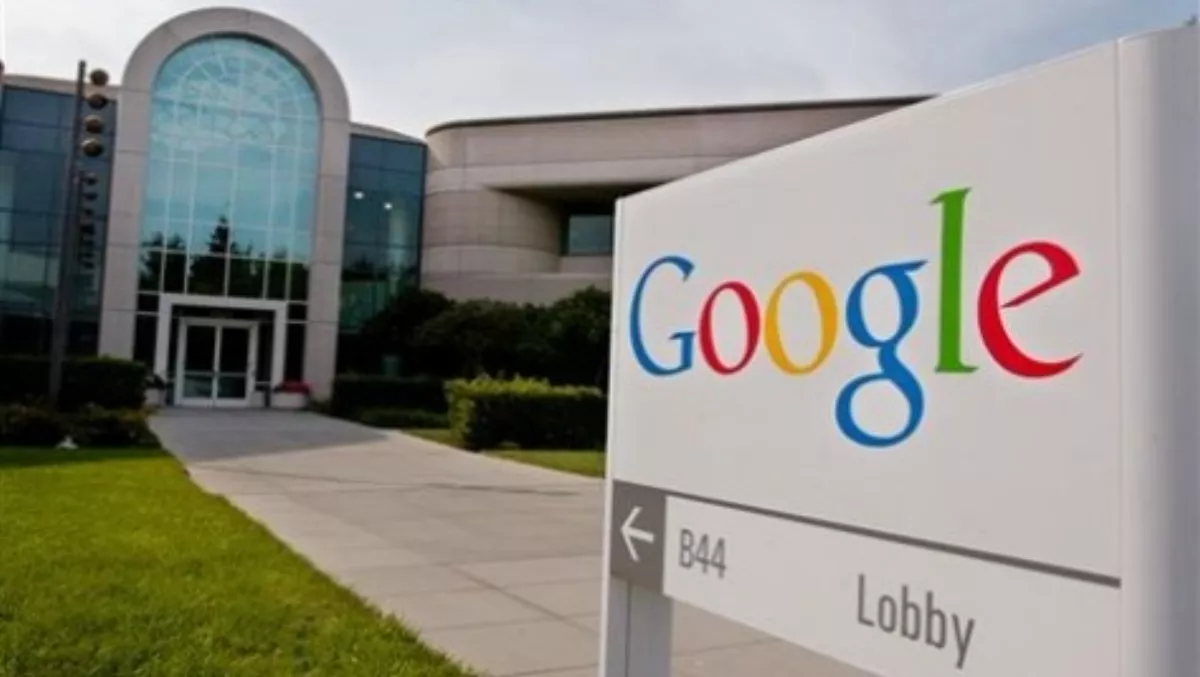
Google VS Europe case misguided and politically motivated
A professor from the International Institute for Management Development has put his hat in the Europe vs Google ring, claiming the recent attempts by the EU Parliament to censure and control Google’s activities are misguided and politically motivated.
The European Commission’s antitrust case against Google is in its fourth year, with little sign of drawing to a close. In yet another chapter of the bid to relinquish Google's near-monopoly over the European market, European Parilament recently passed a non-binding vote urging anti-trust regulators to break the search giant up and separate its various other businesses.
The Commission claims that Google - which controls more than 90 percent of the online search market in Europe - has breached competition rules on a number of counts by abusing its dominant position. This includes directing users of its search engine to its own services, and reducing the visibility of competing websites.
Mike Wade, Professor of Innovation and Strategic Information Management at IMD, says Europe has had Google in its sights since 2010 and the tech giant has had to deal with privacy issues, the erasing of ‘right to be forgotten’ search results and other controversies on the continent.
He says Google is successful largely because it offers a good product for free, and the vast majority of people who use the Google search engine do so by choice. “Users are not forced to use Google search in a monopolistic manner. They have the choice to use other free-of-charge competing services like Bing or Yahoo”.
Microsoft, which owns the Bing search engine, joined the case against Google accusing the search engine of taking technical measures to squeeze Microsoft out of advertising and search markets, alleging Google had been engaging in a "broadening pattern of conduct aimed at stopping anyone else from creating a competitive alternative.”
“The EU’s suggestions to force ‘neutral search’ results - an attempt to stop Google from manipulating the results to its advantage - are completely misguided,” Wade says. “The vast majority of users agree with what a Google search presents. And at any rate what would a neutral search yield? Random results? It is difficult to see how this could be at all helpful to internet users.”
Advertisers are also free to use competing services, although Google does have a huge market share in advertising. Wade says Google’s prices are not unreasonable, and its largest revenue source - adwords - is based on a series of auctions.
“Google does not set fixed prices. Demand and supply determine the prices paid. When it comes to Google’s second largest revenue source - Adsense - the company gives back a healthy 70% of all revenue to clients.”
Wade says Google’s high reliance on clicks to advertiser websites means it could face trouble in the long term. “No clicks mean no revenue, and people are clicking ads less often. Google knows it needs to innovate to survive. Governments should be encouraging companies like Google to innovate, not trying to stifle them.”
He says in comparison, Apple is a much more dangerous potential monopolist. “Google’s Android is open but Apple’s iOS isn’t. Apple’s ecosystem is largely closed and tightly controlled.”
Wade concludes, “All in all, the action against Google seems not to be coming from the grass roots of the EU population, but from legislators wishing to protect local interests and score points by bashing an easy target.”


